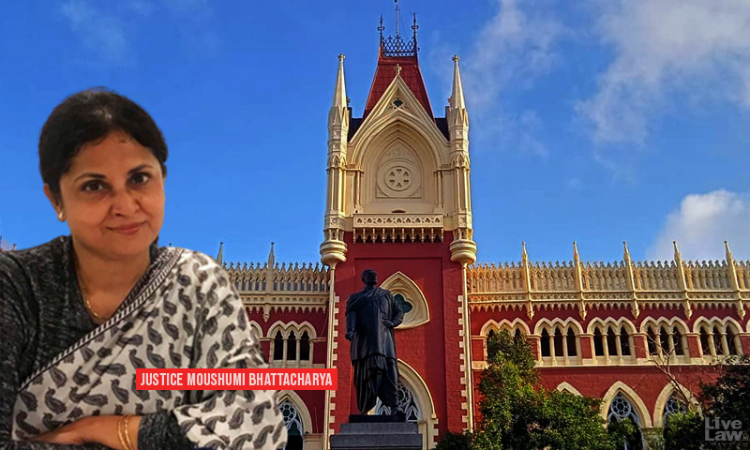After Arbitral Award Is Set Aside, Can The Court Appoint A New Arbitrator With Parties' Assent? Yes, Rules Calcutta High Court
Lydia Suzanne Thomas
17 April 2021 4:56 PM IST

"The basic premise is that the parties who have come to the Court cannot be without a remedy when they have agreed that the matter should go before a different Arbitrator."
Next Story


